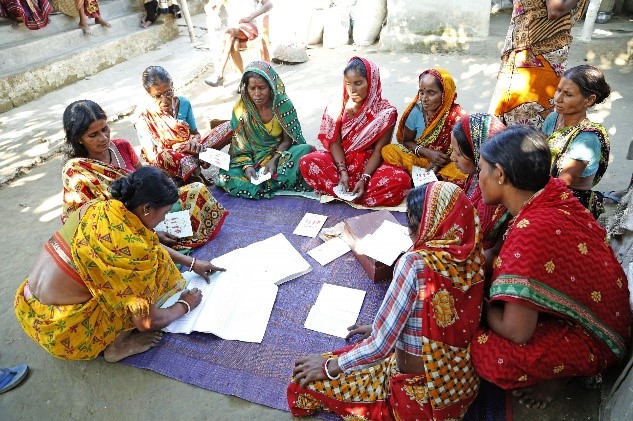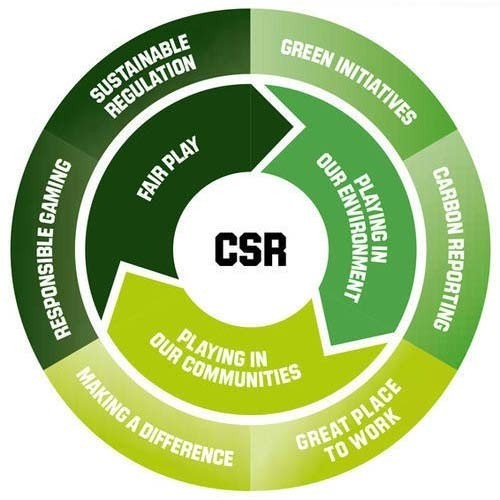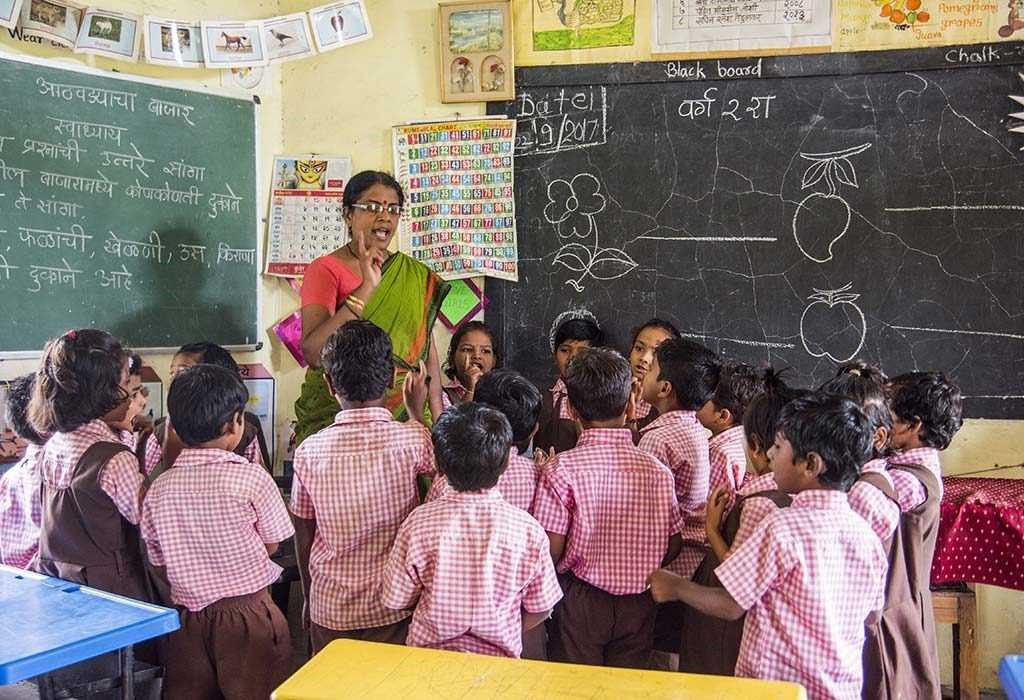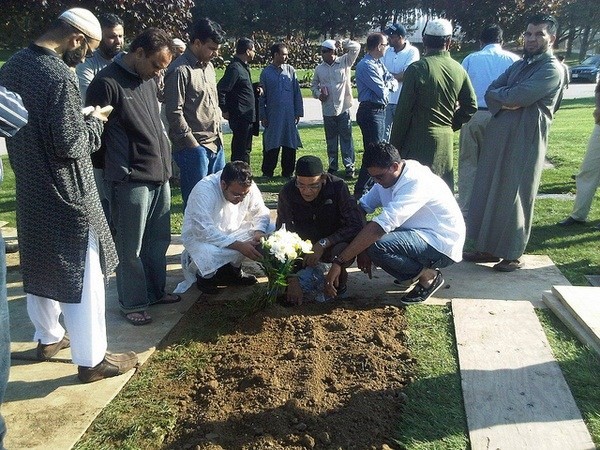We hope to achieve large-scale, sustainable change through relationships with the corporate sector.
Raah-e-Najaat recognises that the complex difficulties confronting modern India can only be handled when the state, civic society, people, and corporations’ band together and collaborate. A broad lens strategy that includes many more partners has become essential for avoiding failures and increasing the likelihood of success. The calls to increase the effect of poverty reduction and social inclusion programmes by leveraging the efforts and capacities of all stakeholders are becoming louder, and Raah-e-Najaat is striving to reach this aim through collaborations.










